4 Signs You're Not Eating Enough Protein, According to a Dietitian
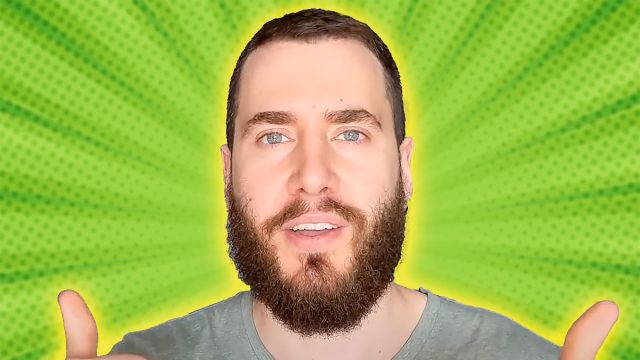
We all want to build muscle and recover faster, but most people struggle to consistently hit their protein targets despite knowing how important it is. In this article, we share expert insights from Aleksa Gagic, a Dietitian and Nutritionist with over 7 years of professional nutrition consulting experience. Known for his practical advice on The Climbing Dietitian's YouTube channel, Aleksa breaks down the clear signals your body sends when it's not getting enough of this essential macronutrient. Learn these four key indicators now to stop leaving gains on the table and start seeing better results from your training efforts.
Increased Hunger Throughout Your Day
Protein isn't just for muscle building—it helps keep you full longer. "Protein has many properties that help us in our bodies. We all know that it helps us repair and recover, but you may not know that it also helps keep us full," Aleksa explains in his post. This is precisely why many nutrition experts recommend higher protein intake for fat loss clients. The satiety factor makes it easier to maintain a calorie deficit without constant hunger. If you're feeling unusually hungry despite regular meals, your protein intake might need attention.
No Muscle Growth or Experiencing Muscle Loss
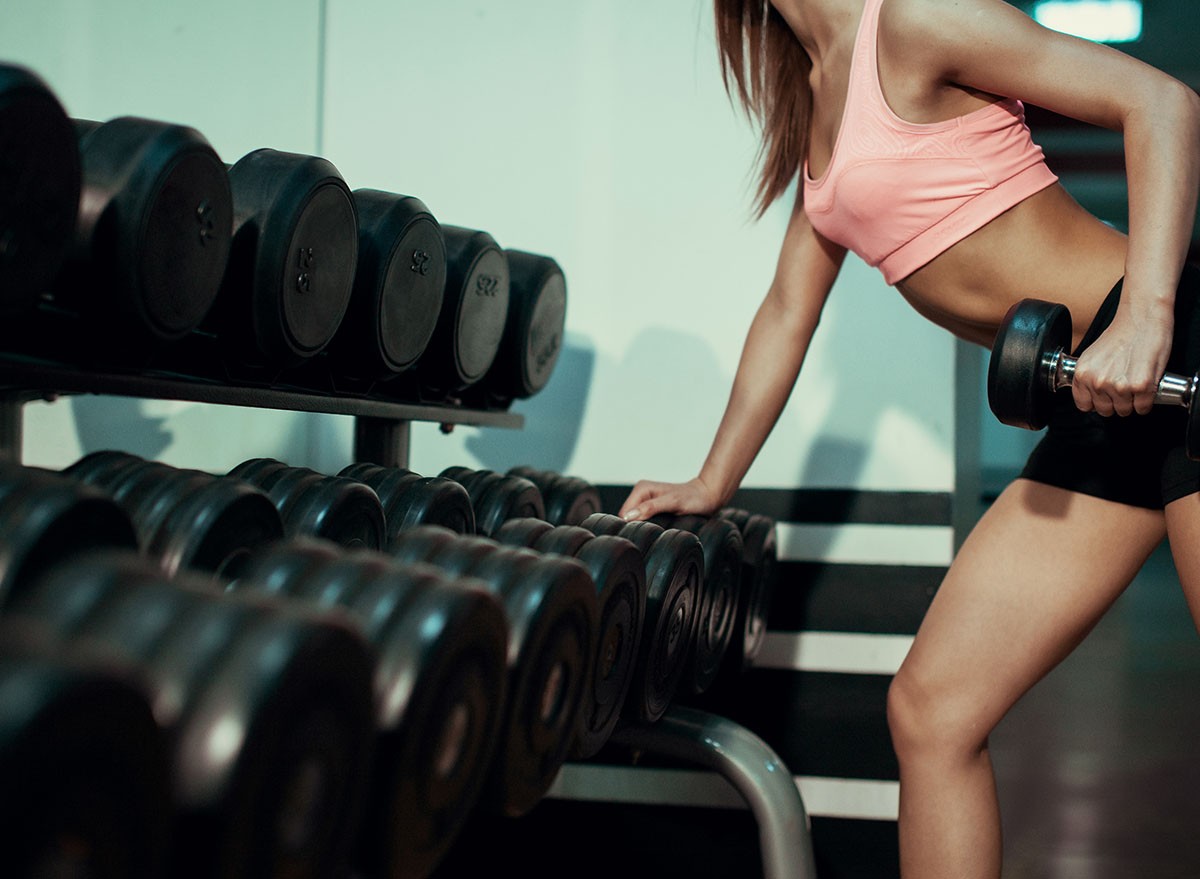
When following a strength training program, you should see gradual improvements in muscle mass over time. "If you're on a muscle-building plan or a strength-building plan, you should, over time, see some gain in lean muscle mass," Aleksa points out. Without adequate protein, your body lacks the building blocks needed for muscle repair and growth. Similarly, if you're losing strength and muscle despite efforts to maintain them, it could signal insufficient protein consumption. While other factors can influence muscle development, protein intake is often the simplest place to start.
Recovery Takes Longer Than Normal
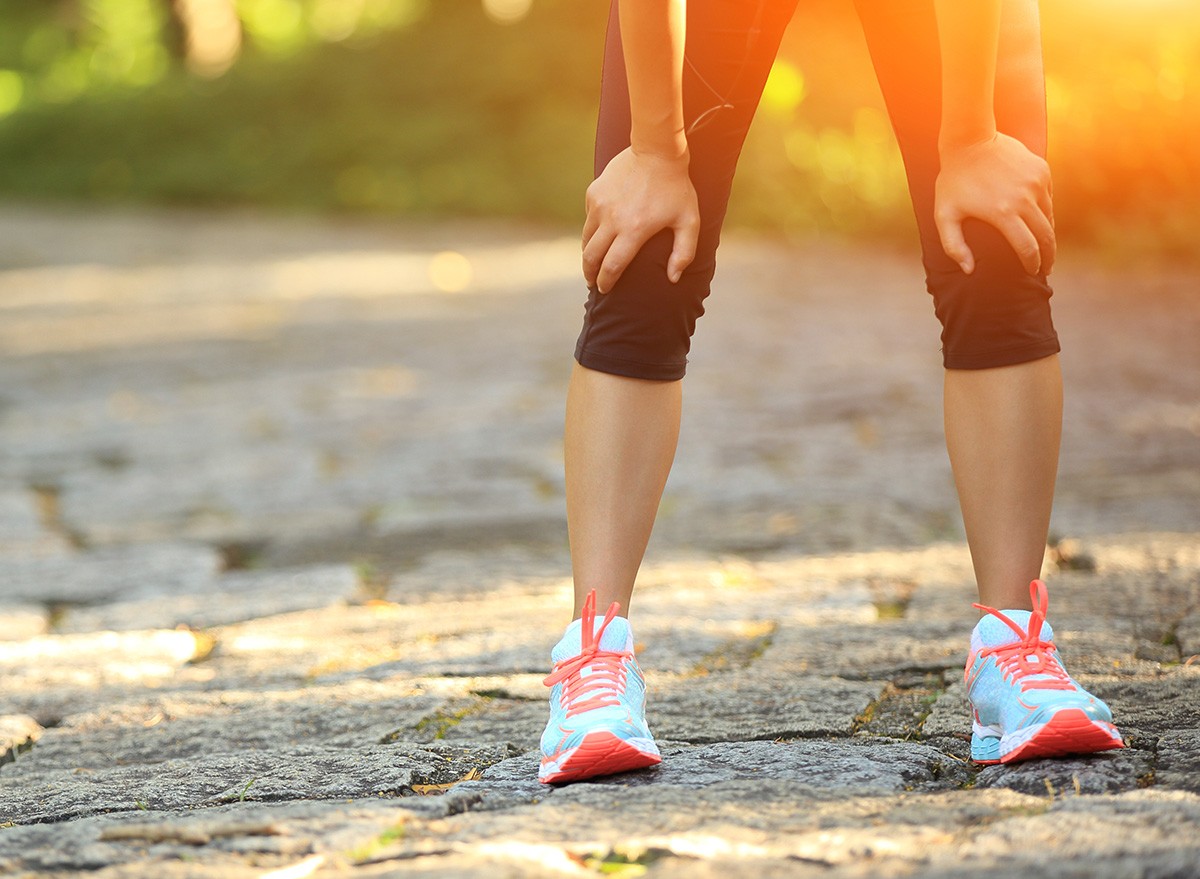
Are you feeling sore for days after workouts? According to Aleksa, "Protein helps with repair and recovery. Therefore, if your protein is not up to scratch, you might actually see that your recovery is a bit more delayed than usual." Proper recovery is essential regardless of whether you're a casual gym-goer or a competitive athlete. Faster recovery allows for more consistent training and better adaptations over time. If you notice your body taking longer to bounce back from exercise, consider evaluating your protein consumption.
Increased Cravings, Especially for Sugar
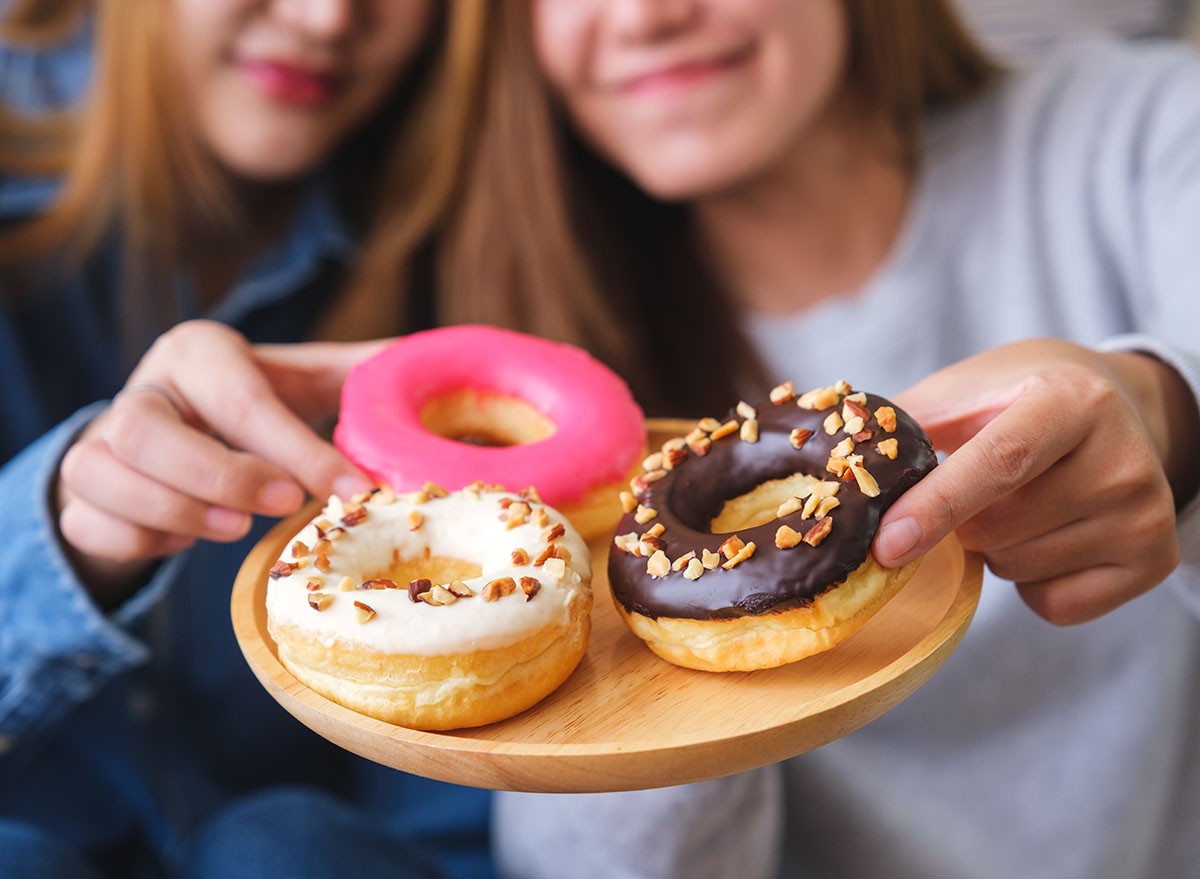
While not an exact science, there's often a connection between insufficient protein and increased cravings. "When protein is not really consumed well enough, not only is your hunger not regulated, but you start craving other foods a bit more," Aleksa shares from his experience working with clients. Protein acts as an unofficial appetite and craving regulator for many people. If you find yourself suddenly craving sweets or other specific foods more intensely than usual, try increasing your protein intake to see if it helps manage those urges.
How Much Protein Do You Actually Need?
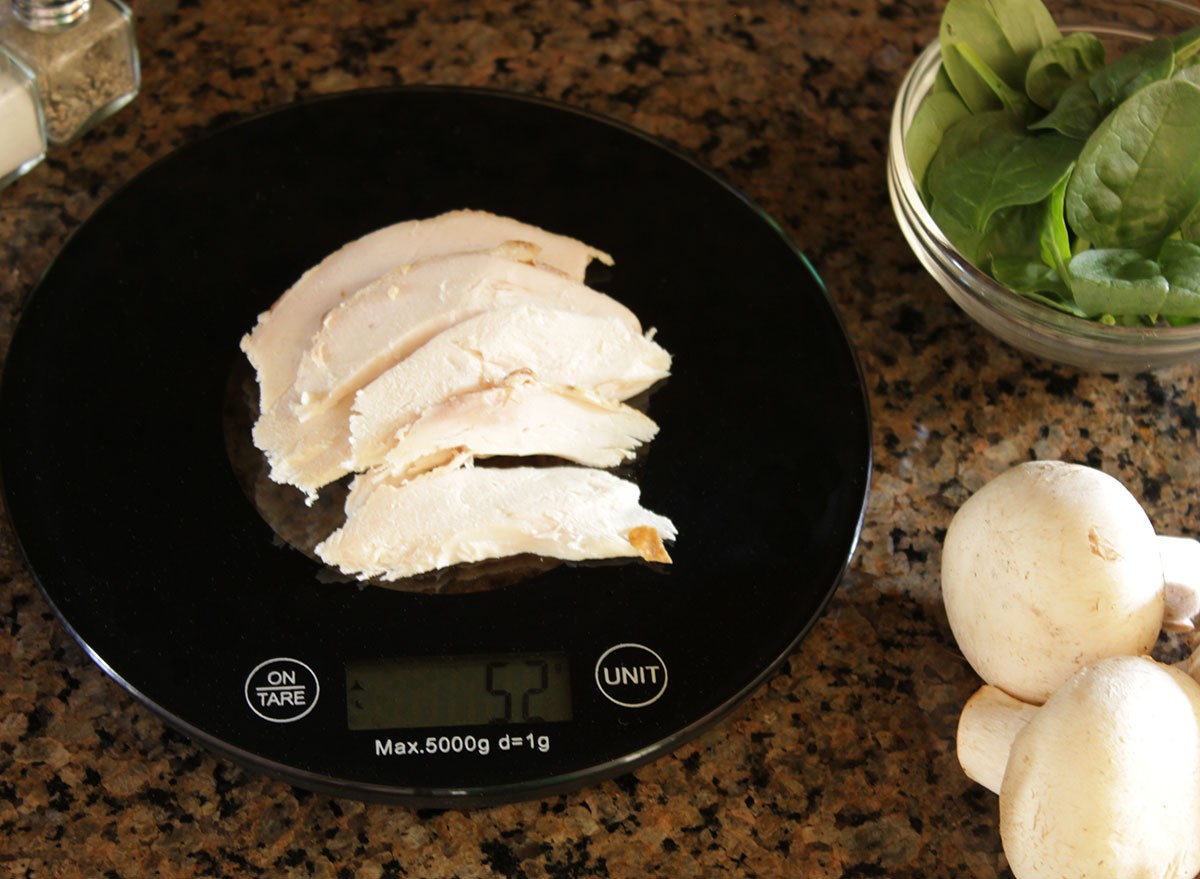
Most active adults benefit from consuming 0.7-1 gram of protein per pound of body weight daily. For someone weighing 150 pounds, that's approximately 105-150 grams of protein spread throughout the day. Aleksa recommends distributing protein across your meals rather than consuming it all at once. Your body can only efficiently use a certain amount of protein at each meal, so aim for 20-40 grams per meal, depending on your size and activity level.
Protein-Rich Foods to Include Daily
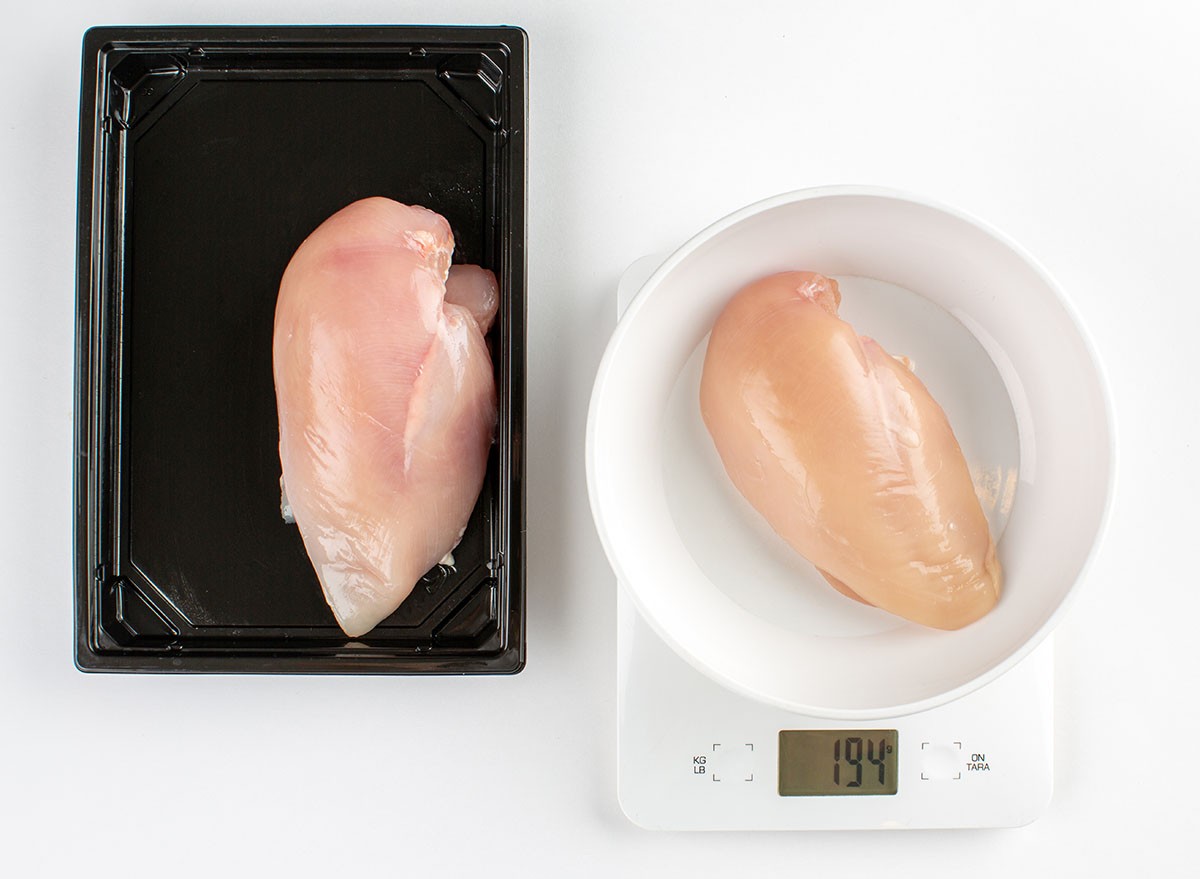
Make high-quality protein sources a regular part of your diet. Lean meats like chicken and turkey provide complete proteins with minimal fat. Fish offers both protein and healthy omega-3 fatty acids. For plant-based options, Aleksa suggests combining legumes, tofu, tempeh, and seitan to create complete protein profiles. Greek yogurt, cottage cheese, and eggs make excellent snack options that deliver significant protein with relatively few calories. Protein powders can supplement your intake when whole food sources aren't convenient.
Simple Strategies to Increase Your Intake
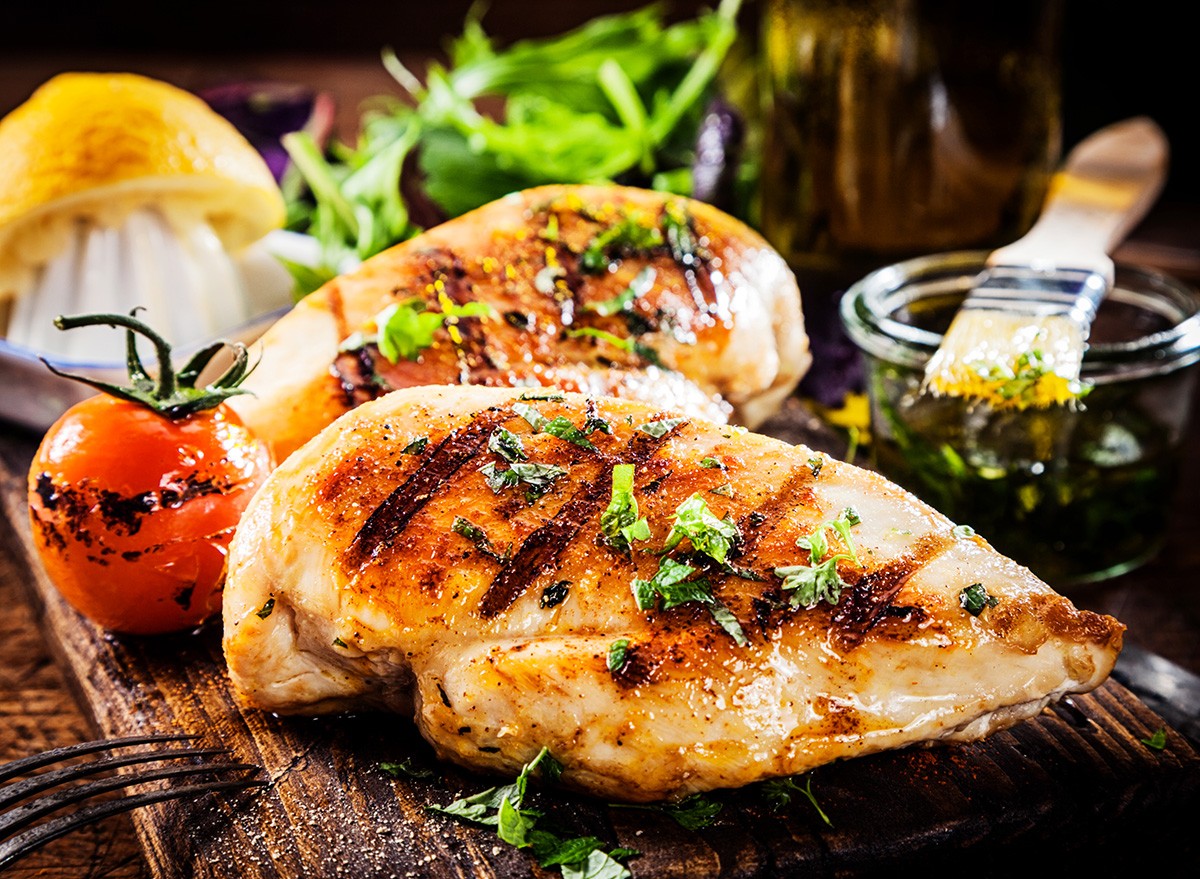
Start by prioritizing protein at each meal rather than as an afterthought. "Protein should be the foundation of your nutrition plan if you're active," Aleksa emphasizes. Prepare protein sources in advance to remove barriers when you're busy. Consider keeping ready-to-eat options like hard-boiled eggs, Greek yogurt, or protein bars available for quick access. Add protein powder to smoothies, oatmeal, or yogurt for an easy boost. Most importantly, track your intake for a few days to establish a baseline—you might be surprised how much (or how little) you're actually consuming. And if you enjoyed this article, don't miss these 8 High-Protein Foods with Nearly Zero Calories That Melt Fat.




